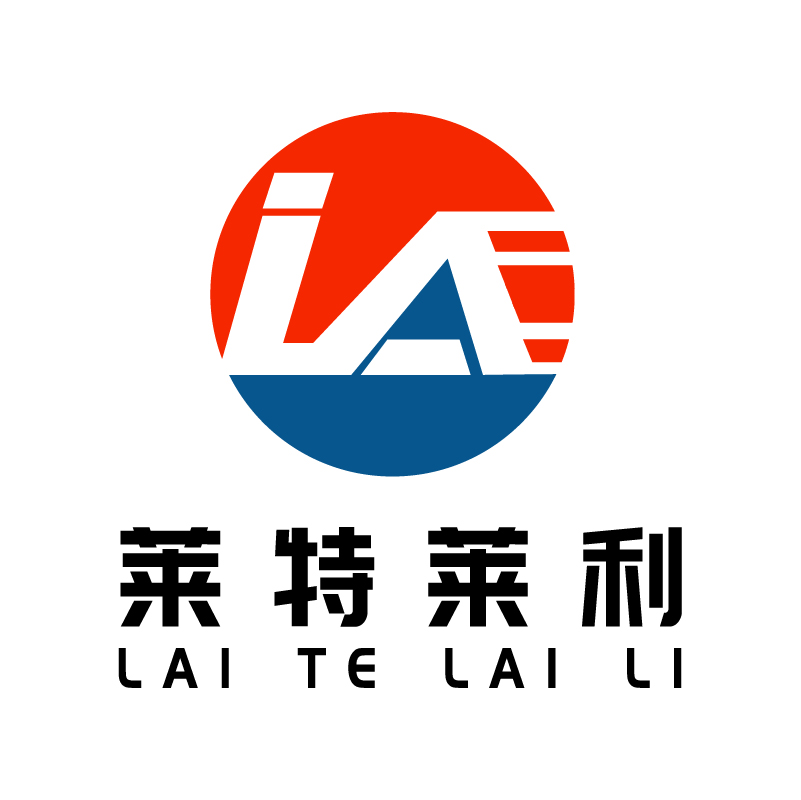Will the development of smart labels have an impact on the small roll thermal label market?
The development of smart labels (such as RFID labels) is indeed likely to have a certain impact on the small roll thermal label market, but the specific degree and scope of impact will be affected by a variety of factors. Here's a closer look at the problem:
First, the advantages of smart labels
1.Data tracking and management capabilities: RFID tags have the advantages of non-contact reading, fast group reading, and large data storage capacity, which can realize real-time tracking and management of items, which is particularly important in logistics, retail and other industries.
2.Strong environmental adaptability: RFID tags have strong corrosion resistance to water, oil and chemicals, and are suitable for indoor and outdoor harsh environments, which makes them more advantageous in some specific application scenarios.
3.Reusable: RFID tags have the ability to add, delete, modify, and update the stored data repeatedly, which is more convenient and environmentally friendly than single-use thermal label paper.
Second, the impact on the small roll thermal label paper market
1.Application overlap: RFID tags and thermal label paper overlap in some application areas, such as retail, logistics, and so on. With the popularization of RFID technology and the reduction of costs, RFID tags may gradually replace some of the application scenarios of thermal label paper.
2.Changes in market demand: With the rise of concepts such as the Internet of Things and smart cities, the demand for intelligence and automation is increasing. This will promote the development and application of smart label technologies such as RFID, which will have a certain impact on the small roll thermal label market.
3.Price and cost factors: Despite the many advantages of RFID tags, the current price is still higher than that of thermal label paper. Therefore, in price-sensitive application scenarios, thermal label paper still has a certain market competitiveness. However, with the continuous maturity and large-scale production of RFID technology, its cost is expected to gradually reduce, which further intensifies the impact on the thermal label market.
Third, conclusion
In summary, the development of smart labels (such as RFID labels) is indeed likely to have a certain impact on the small roll thermal label market. However, the specific extent and scope of this impact will be affected by a variety of factors, such as market demand, technology costs, and the policy environment. In the future, with the continuous progress of technology and the constant change of the market, the small roll thermal label paper market may face more fierce competition and challenges, but at the same time, it will also give birth to more innovation and development opportunities.


